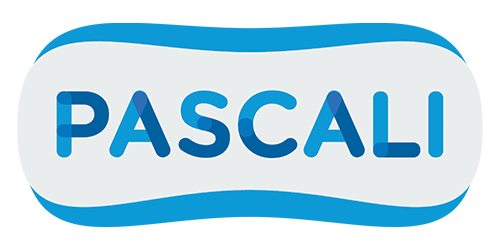What is commonly referred to as hard water is water that contains a significant amount of dissolved minerals, especially calcium and magnesium. This isn’t a situation associated with rainwater or municipal water, but borehole water can potentially contain a range of dissolved minerals, depending on the rock formations the water travels through.
– Why is it important?
Hard water can influence pumps, pipes, and fittings in the long run. Calcium carbonate deposits – or lime scale – can build up inside pumps, pipes and fittings over time and restrict the flow of water. In the most extreme cases this buildup can cause a pump’s impeller to become stuck inside the pump casing.
The deposits will mainly be located at warmer surfaces and areas where the flow of water is high. In a pump this is typically around the mechanical seal, at the impeller and around the cooling mantle or stator housing. The problems caused by the deposits include mechanical seal failure, unbalance on the impeller and overheating in the motor.
This should be avoided by opening the pump housing, inspecting, and cleaning the impeller, seals and housing with a wire brush regularly. There are chemicals that can remove the build-up, but it is recommended that a professional do this.
Deposits that have built up inside water pipes will cause a reduction in water pressure because they restrict the flow. Over time, water pressure may slow to a trickle or stop flowing altogether.
Hard water will also have an influence on the efficacy of soap, detergents, and shampoo.
– What can be done about it?
If you are reliant on borehole water for domestic use the water should be tested every year by an accredited water laboratory. These tests will give you an indication of the total dissolved solids, pH, possible E. coli count, and a breakdown of the different minerals in your water. There are different thresholds of acceptable levels of dissolved solids in water for domestic use and for irrigation.
If your water has high levels of dissolved solids, it could be worthwhile to install a filtration system. Filtration systems should always be installed in the water system after a booster pump. The pump should push the water through the filter and not have to suck the water through the filter.
Be aware that if you have hard water, regular mechanical cleaning of the pressure pump is the most practical solution.
For the best possible advice contact the professionals at Pascali who are standing by to answer all your questions.





